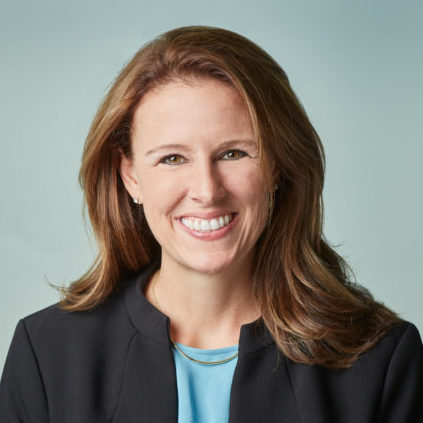Throughout the pandemic, software giant SAP has regularly surveyed its employees, asking how they’re feeling and what they’re struggling with during COVID-19—and what the company can do to help.
The employee surveys have fueled important feedback and resulted in companywide changes, such as implementing a mental health day. Now, employee feedback about the popularity of working from home has resulted in another change: a flexible working policy for all of its 100,000 workers going forward.
Pandemic and beyond, SAP employees will be able to work from home, at the office or remotely, and will be able to set flexible schedules, the company announced this week. SAP will redesign its offices to make more space for teamwork and collaboration.
“The feedback is clear,” says Jill Popelka, president of SAP SuccessFactors. “Ninety-four percent said they plan to take advantage of the flexibility we provide, and 49% said they plan to work in the office one or two days per week.”

Jill Popelka
The announcement from the large employer is significant and comes as scores of research point to employee angst, anxiety and reluctance to return to the office nearly a year and a half after most office workers were sent home to work remotely because of COVID-19. Surveys have found that aside from concerns about COVID-19 exposure and risk, employees largely don’t want to head back into the office because of work-life balance and caregiving concerns. Furthermore, employees are eager to keep their own schedules and to cut down on commuting time. In fact, one recent survey from FlexJobs goes as far as saying that 58% of workers say they would “absolutely” look for a new job if they weren’t allowed to continue working remotely in their current position.
Related: Return-to-workplace worries are affecting employee mental health
Popelka says SAP’s decision is rooted in listening to their employees’ feedback—a strategy that company and HR leaders will continue embracing as they see how the flexible work policy is working.
“Our pledge to flex extends this even further and puts the trust in each individual to decide on the working arrangement that works best for them,” she says. “As we roll out this framework across the globe, we’ll continue the same employee-led approach by listening to employees to understand what’s working and what we can do better.”
Just as what SAP, and other employers, went through when offices closed down in 2020, Popelka says she expects the next several months to be an adjustment period as more offices reopen. “People will need to decide what works best for their schedules, what they are comfortable with, how often they need to be in the office, and how to align with their teams,” she explains. “We’ll continue to evolve our approach as needed based on employee feedback on what’s working, what’s not and how we can improve.”
She expects the approach will positively influence workplace culture and employee wellbeing—an important focus as burnout rates soar for the majority of workers. “We know the lines between work and life have blurred and everyone has different needs to take into consideration,” she says. “Our [flexible work policy] gives our employees the trust and autonomy to prioritize their wellbeing and determine when, where and how they work best.”